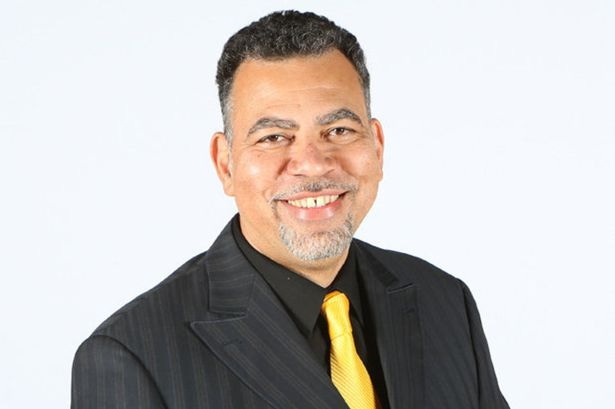Vince Macaulay: “If you haven’t got somewhere to stand, how do you build success?”
The basketball coach on defining yourself before others do it for you
Hi, welcome back to Mixed Messages! This week I’m speaking to Vince Macaulay, who is of Nigerian and white heritage. Vince is the head coach of the British Basketball League’s London Lions. Having grown up in Nigeria for his formative years, Vince’s identity was formed in a majority-Black environment. That’s an experience that’s always interested me, so…


